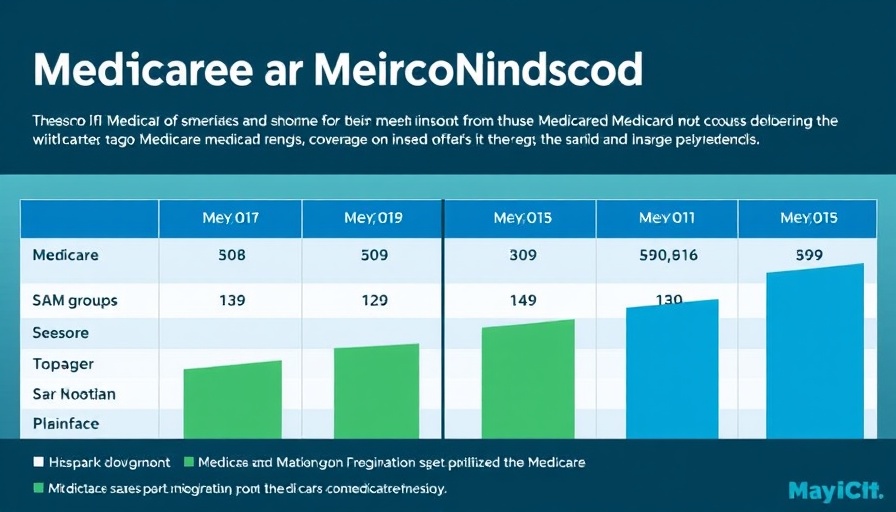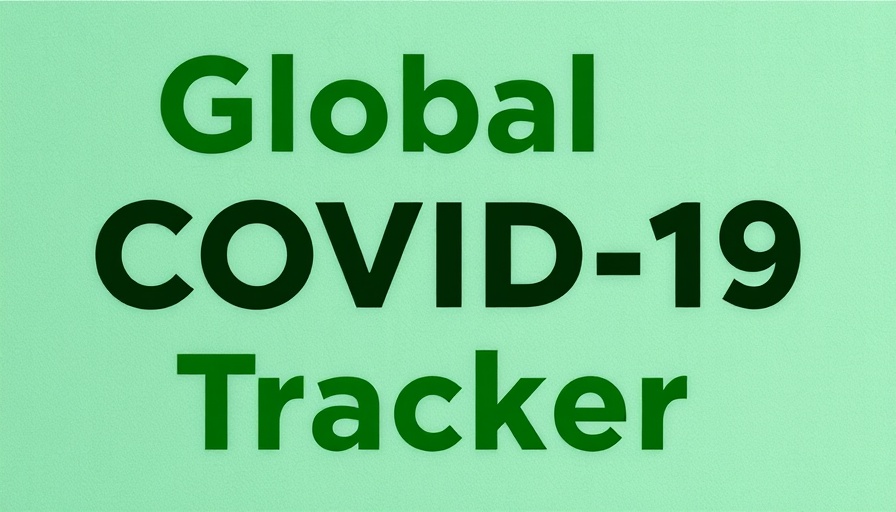
Understanding the Link Between Medicaid and Medicare
As the national conversation surrounding healthcare continues to evolve, understanding the intersection between Medicaid and Medicare becomes increasingly important. More than 12 million Medicare beneficiaries also rely on Medicaid, a situation that not only impacts their healthcare access but also their financial stability. Cutbacks to Medicaid programs, as suggested in recent budget resolutions, threaten the affordability of healthcare for a significant portion of our population, particularly those who are vulnerable due to their age or disability.
Why Medicaid Matters for Medicare Beneficiaries
It’s essential to comprehend the role Medicaid plays for the nearly 1 in 5 Medicare beneficiaries. Medicaid aids in covering costs that Medicare may not fully address, such as monthly premiums and potential out-of-pocket expenses that can significantly burden the finances of low-income individuals. Without Medicaid, many might face the choice between necessary healthcare services and basic necessities like food or housing.
State Variations: A Patchwork of Benefits
The availability and depth of Medicaid coverage vary widely from state to state. In Washington D.C., for instance, over a third of Medicare beneficiaries also benefit from Medicaid. Conversely, in New Hampshire, this figure dips to just 9%. Factors contributing to these disparities include differing eligibility criteria, state budgets, and the local economies that shape the income levels of Medicare beneficiaries. As a result, healthcare access can feel more like a lottery than a guarantee, leading to potential inequities across the nation.
The Future of Medicaid and Its Impact on Medicare
With proposals for significant cuts to Medicaid programs, the future for dual-eligible individuals hangs in the balance. If enacted, these cuts could lead to reduced services or increased out-of-pocket costs, further complicating the lives of the very individuals who have already navigated the challenges of age or disability. Advocating for sustainable solutions is vital to ensure that these Americans continue receiving essential healthcare.
Take Action and Stay Informed
As we monitor these developments, community engagement is crucial. Whether you’re advocating for policy changes or simply discussing these issues with loved ones, staying informed is the first step towards making a difference. Understanding the significance of Medicaid for Medicare beneficiaries can empower communities to push for the support and coverage they need.
 Add Row
Add Row  Add
Add 




Write A Comment